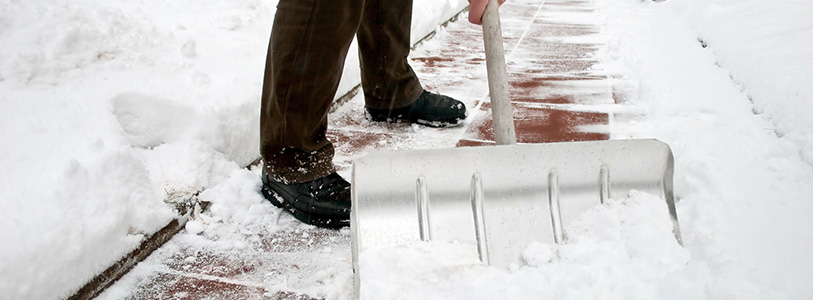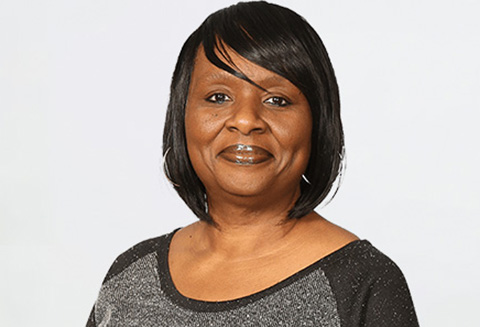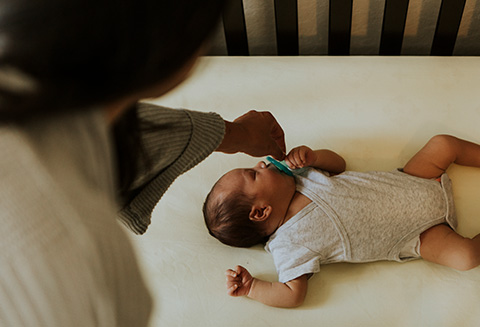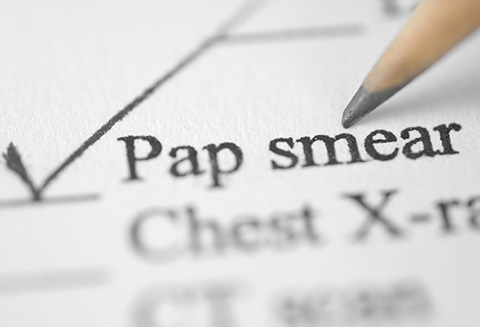Winter Safety Tips

Here we are at the start of the New Year, with three months of dreary winter weather ahead of us. Snow, ice and cold temperatures can all become potential hazards, so it’s important to be prepared to minimize the risks to yourself and your family.
Too much exposure to the elements, or something as simple as a fall can have devastating long-term consequences. By taking some simple safety precautions, you can help prevent injuries and illnesses.
Avoid slips, trips, and falls
- Wear slip-resistant, comfortable footwear.
- Tread carefully while walking, especially on sloped surfaces or stairs.
- Take slow, small steps, and avoid carrying heavy loads that may offset your balance.
- Be extra careful when entering and exiting vehicles.
- Watch out for slippery surfaces inside buildings.
Fight frostbite and other hazards
- Limit your time outdoors in cold, wet, or windy weather.
- Layer in loose, warm clothing. Change out of wet clothing as soon as possible.
- Know the symptoms of frostbite: burning, numbness, tingling, and itching in the affected areas. Seek medical attention immediately.
- Know the symptoms of hypothermia. Hypothermia occurs when your body temperature drops to a dangerous level when you are out in the cold for an extended time. Older adults are at an increased risk of hypothermia. Warning signs include cold skin that is pale or ashy; feeling very tired, confused and sleepy; feeling weak; problems walking; slowed breathing or heart rate. Call 911 if you think you or someone else has hypothermia.
- Avoid overexertion when shoveling snow. It’s a serious workout, and going at it too hard can bring on a heart attack − a major cause of death in the winter. If you must shovel snow, stretch before going outside.
- Stay dry. Wet clothing loses all of its insulating value and transmits the cold rapidly.
- Inside your home, check fire alarms and carbon monoxide detectors to ensure they are in proper working order. Carbon monoxide (CO) is as deadly as it is undetectable. Because it’s both colorless and odorless, you can be exposed without realizing it until you’re seriously ill. Be sure all potential sources of carbon monoxide are checked.
- Keep an emergency kit on hand for those occasions where you may be traveling, containing such things as a first-aid kit and extra medicine, batteries, baby essentials, radio and lamp, blankets, and cat litter or sand for icy walkways.
- Be mindful of your neighbors, particularly your older neighbors, as they may need extra help during the cold weather months.
In the end, it’s a matter of being proactive and responsible. With some effort and planning ahead, you and your family can weather the season safely.
To find a primary care doctor near you, visit nyp.org/medicalgroups.





